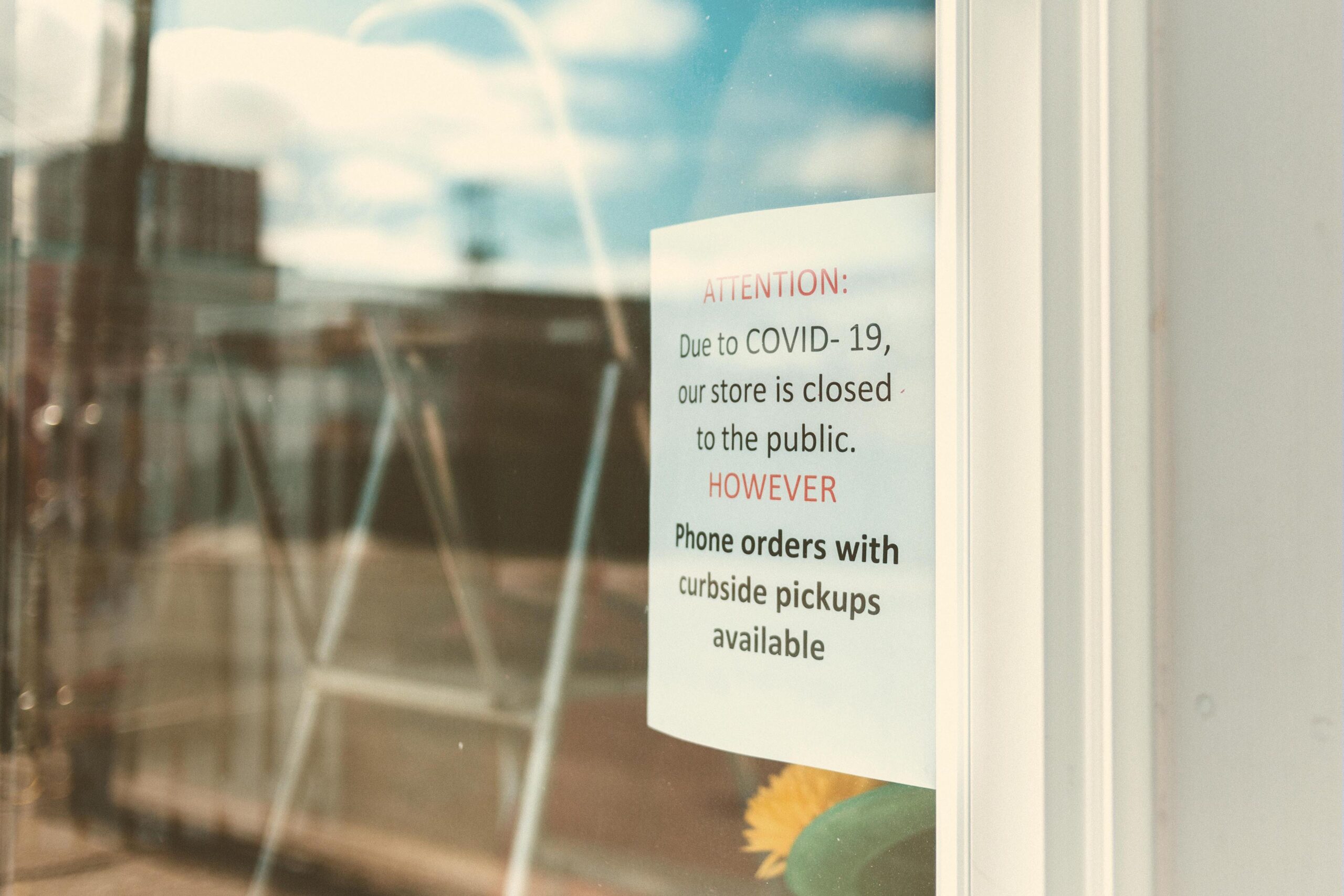“Prophetic” is a desirable adjective these days. The allure is obvious: In the popular imagination, the prophet is the radical individual, the bold truth-teller, the one person who is not deceived by the world. Whether on social media, in our churches, or in the voting booth, we all want to be prophets.
And we have rightly stressed the role of the prophet as someone who tells the truth about the world to those who do not want to hear it — those blinded by their privilege, comfort, and status. Yet in many Christian circles, we have responded to the overemphasis on prophecy as predictive, a forecast into the future, by highlighting another element of it: “speaking truth to power.”
Might we be so quick to rush to this exhilarating task that we forget to ask the perennial question: What is true?
In a world saturated with “fake news” and in a political climate fractured by completely different senses of reality, many of us can imagine ourselves as “prophets,” yet we do nothing but confirm our communities’ biases and stoke supposedly righteous indignation. We want to speak truth to power, but we emphasize the “power” part, imagining ourselves as Moses standing before Pharaoh, rather than the “truth” part. Prophetic ministry requires courage, but it also requires a clear sense of reality. The prophetic task is the act of reframing, according to biblical scholar Walter Brueggemann, a task of giving new perspective to people, captured by the stories of their time and place. In the face of idolatry and violence, the prophets of the Bible told a different story to the people of God, and the prophetic ministry of the church today is the same. For the ministry of prophecy, however, we need to know what story to tell.
There is one prophet in Scripture who provides a perfect example of this kind of courageous storytelling: Huldah. Huldah does not flip over tables like Jesus or get thrown into a cistern like Jeremiah. Her story is not one with the dramatic details we might enjoy envisioning for ourselves. But her story is exemplary of a kind of prophetic role we desperately need to revisit today. Biblical scholar Ellen Davis calls Huldah the first “clear exemplar” of the role of the “prophetic interpreter.”
In 2 Kings 22, Judah is in a disastrous position: The nation is engulfed in idolatry, corruption, abuse, and oppression. King Josiah begins his rule at an early age, but he lives a good and faithful life and rules justly. In the 18th year of his reign, the high priest Hilkiah discovers the Book of the Law in the temple and reports back to King Josiah about his discovery. A righteous ruler, Josiah tears his robes as his secretary reads to him the laws that have been broken and the promises of the judgment to come. To his credit, Josiah immediately understands that something has gone terribly wrong, that these words from God are a terrifying condemnation. But Josiah is not content to just hear the words read aloud to him, he commands the high priest to entreat directly to the Lord, and the high priest goes to the prophet Huldah for help.
Huldah does not mince her words in 2 Kings 22:16-17:
This is what the LORD says: I am going to bring disaster on this place and its people, according to everything written in the book the king of Judah has read. Because they have forsaken me and burned incense to other gods and aroused my anger by all the idols their hands have made, my anger will burn against this place and will not be quenched.
As a prophet, Huldah reads the written word of the Lord, interprets it in the context of the circumstances of the people of God in that moment, and tells them the truth about their standing before God. Huldah, unlike other prophets in Scripture, does not receive a direct message from the Lord. But neither does she speak “prophetically” by telling the king what she thinks about the state of the nation. No, Huldah recognizes that the word of the Lord is living and active, that the words given to her people at a particular time and place have ongoing relevance to her people in a new time and place.
Huldah spoke truth to power. She gave a difficult word to the ruler of her nation, that while he would personally be rewarded by God for his responsiveness to this word (22:19-20), the nation he ruled would face disaster and destruction. She was not afraid to tell the truth about God’s coming judgment to the people least inclined to hear it, the people with the most to lose if she was correct in her interpretation.
Huldah interpreted both God’s word and God’s world for God’s people. She read Scripture correctly, but she also read the moment she was in correctly. She saw that the people were acting in ways that would incur God’s judgment, she saw that they were worshiping idols, she saw that the word they needed in that moment was one of conviction and not comfort.
And we need prophetic Christians today.
We need people who will faithfully turn to God’s word in search of the truth, who will cultivate the courage necessary to interpret it for the pressing needs of the moment. Until the reconciliation of all things, we will never retire from the difficult work of asking what God has said in the past and what God is saying now, of discerning what word from God is appropriate for this moment, and of discerning where the Spirit is moving among us here and now. But we are not left alone in this. God has graciously given us the gift of Scripture to guide our work, giving us language to describe our present circumstances, words of comfort and conviction, and a description of reality to shape our life together today.
In Huldah’s case, a prophet was not someone who pontificated about abstract theological ideas, but someone who rightly saw the needs of the moment and told the truth from God’s word that fit the context. This kind of work requires more than passion or boldness, it requires discernment, reliance upon the Holy Spirit, submission to Scripture, and the guidance of truth-telling community.

